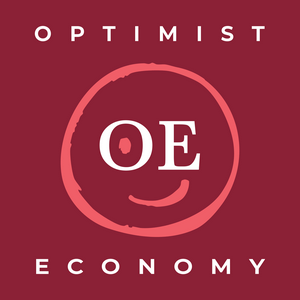Recent polls show 54% now consider housing unaffordable and the cost of homeownership dominates Americans’ economic anxieties. The popular “abundance” narrative says there’s a housing shortage and suggests cutting zoning or environmental rules will let us build our way out of it. But we don’t have a simple net shortage of units—we have a deep mismatch between what gets built and what workers get paid. After 50 years of wage stagnation, the median mortgage payment is over $2,200 while median weekly earnings are $1,200. That’s a gap deregulation or more luxury condos won’t close. The solution isn’t to just build more. It’s also to pay people more.
END NOTES:
To be considered affordable (30% of income) the median mortgage of $2,259 would require weekly earnings of $1,737. But the median weekly wage for full-time workers is $1214.
Where is the Housing Shortage? Of the nation’s 381 metropolitan areas, only four experienced a housing shortage between 2000 and 2020. (Op-ed from the author in Barron’s here.)
The US Housing Crisis is Really About Low-Wage Jobs. Kathryn’s take from 2024 in Bloomberg Opinion.
Rate of U.S. homeownership has been climbing since bottoming out in 2016 (Federal Reserve Bank of St. Louis).
Mortgage Debt Service Payments as a Percent of Disposable Personal Income is about what it was in 2019 (Federal Reserve Bank of St. Louis).
Median Sales Price of Houses Sold for the United States shot up about $90,000 from 2019 to 2025 (Federal Reserve Bank of St. Louis).
Housing Affordability and Housing Demand (Federal Reserve Bank of San Francisco)
Watch video clips from this episode at the Optimist Economy YouTube channel.
Follow us on Instagram at @optimist_economy.
Follow us on TikTok at @optimist_economy.
Read some stuff on our Substack.
Consume leisure in an O.E. hat or shirt: https://merch.ambientinks.com/collections/optimisteconomy
Support us and our tireless editors and producers by donating: https://optimisteconomy.com
And send your economic questions, concerns, or executive orders:
[email protected]

